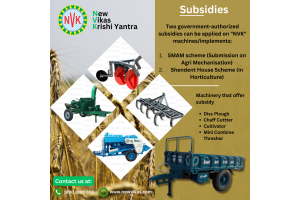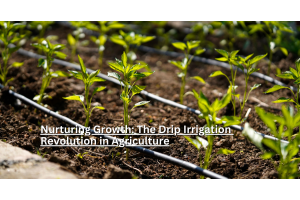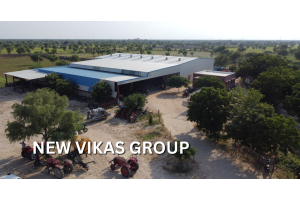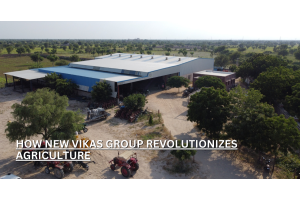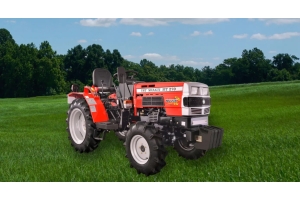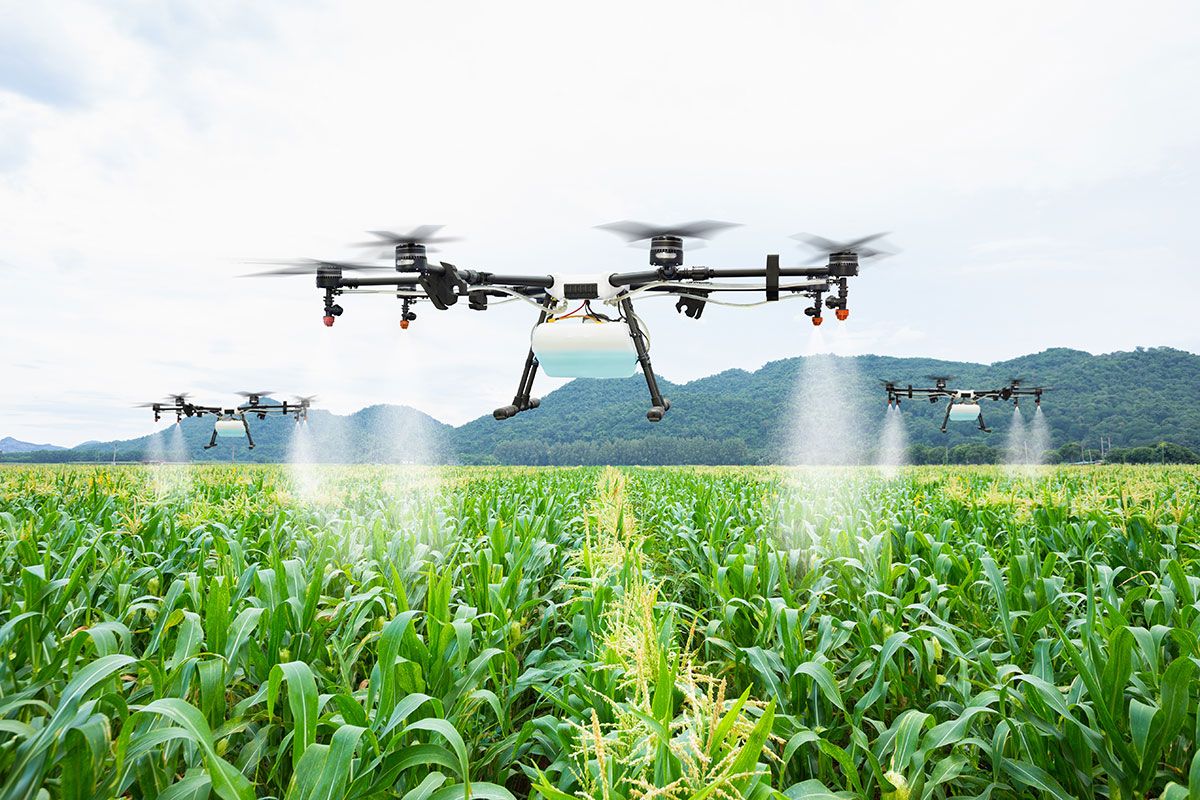
Introduction
In recent years, the agricultural industry has undergone a transformative revolution with the emergence of innovative technologies. Among these groundbreaking advancements, agriculture drones have emerged as a game-changer, offering farmers a fresh perspective on cultivating their lands. In this blog post, we will explore how agriculture drones are taking farming to new heights, revolutionizing the way farmers approach crop management, monitoring, and precision agriculture. Let's delve into the benefits, applications, and the promising future of agriculture drones.
1. Precision Farming for Enhanced Productivity:
Agriculture drones enable precision farming, a practice that optimizes crop production by using data-driven insights and targeted applications of resources. With high-resolution cameras and sensors, these drones can capture detailed images of farmland, identifying crop stress, nutrient deficiencies, and potential disease outbreaks. By analyzing this data, farmers can make informed decisions, optimizing irrigation, fertilization, and pest control efforts, resulting in improved crop yields and reduced resource wastage.
2. Real-Time Monitoring and Analysis:
Gone are the days when farmers had to walk through vast fields to assess crop health manually. Agriculture drones offer real-time monitoring, covering extensive areas in a fraction of the time it would take traditional methods. With the ability to fly at different altitudes, drones capture valuable data that can be analyzed on-site or remotely. This instantaneous information empowers farmers to respond quickly to emerging issues, preventing potential crop losses and ensuring sustainable agricultural practices.
3. Efficient Planting and Crop Management:
Agriculture drones are not only used for monitoring crops but also for planting seeds. Drone seeding systems can precisely disperse seeds across large areas, eliminating the need for manual planting. Moreover, these drones can navigate through challenging terrains and terraced fields, reaching areas inaccessible by traditional machinery. This efficiency saves time, labor costs, and contributes to a more sustainable and productive farming process.
4. Enhanced Crop Spraying with Reduced Chemical Usage:
Drones equipped with advanced spraying systems have revolutionized crop protection methods. The ability to target specific areas rather than blanket spraying reduces chemical usage, minimizing environmental impact and preserving the natural ecosystem. Furthermore, drone spraying eliminates the risk of exposure to harmful chemicals for farmers, promoting safer working conditions.
5. Mitigating Climate Risks:
Climate change poses significant challenges to agriculture, affecting weather patterns, water availability, and crop productivity. Agriculture drones offer an essential tool for assessing and adapting to these changing conditions. By providing timely data on soil moisture levels, temperature variations, and other critical environmental factors, farmers can better plan and strategize their crop cultivation to minimize climate-related risks.
6. Cost-Effectiveness and Time Efficiency:
Adopting agriculture drones can lead to cost savings in the long run. While initial investments may seem significant, the reduction in labor costs, increased crop yields, and optimized resource usage result in substantial financial benefits. Additionally, the time saved in monitoring and data collection allows farmers to focus on other essential aspects of their operations.
Conclusion:
The rise of agriculture drones has ushered in a new era for farmers, allowing them to harness cutting-edge technology to overcome various challenges. With precision farming, real-time monitoring, efficient planting, and reduced chemical usage, agriculture drones promote sustainable practices and drive agricultural productivity to new heights. As this technology continues to evolve, it holds the promise of further transforming the agricultural landscape, contributing to food security and a greener future for generations to come. Embracing agriculture drones is not just a trend; it is a vital step towards a more efficient, resilient, and sustainable agricultural sector.

